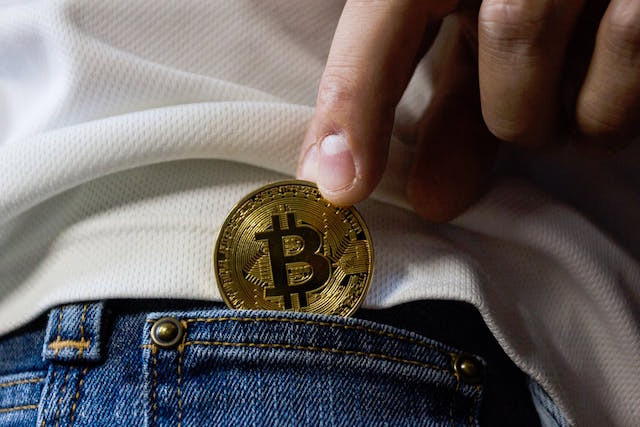A vox pop with 30 passersby in the Gare district over two days this week found that only four people had heard of litecoin, ethereum or ripple, among the biggest cryptocurrencies.
Awareness was greater among respondents when they heard the word bitcoin, the most well-known cryptocurrency, largely because of the media coverage given to its dramatic fluctuations. In total, 21 people polled had heard of bitcoin.
The rise of crypto
Cryptocurrencies first emerged in 2009 with the creation of bitcoin by Satoshi Nakamoto. Ten years on and there are more than 1,300 cryptocurrencies in existence. These digital or virtual currencies use cryptography for security and function thanks to blockchain technology. They are not issued by any central authority, which means governments theoretically cannot interfere or manipulate them.
While one of the major appeals has been the possibility to make money through trading, Delano's survey results seem to suggest that in Luxembourg virtual money has yet to become mainstream. “My boy has a friend who bought €5,000 worth. He doubled it. But it took two years,” Paul told Delano, adding: “I wouldn’t buy any because I can’t touch it. I can touch a credit card, though.”
Of the 30 people Delano polled, not a single one owned any cryptocurrency. A preference for orthodox banking methods and an aversion to risk were cited as reasons by several respondents. “I’m afraid of losing all my money. It interests me, though,” Pierre told Delano.
Lack of information
Given the choice to invest, one respondent said he preferred to stick with bricks and mortar, an investment area which has grown solidly in Luxembourg in recent years. One person was put off by the association with the dark net and purchase of illegal goods. For two people it was a question of liquidity. Elodie said: “If I had money I would do it.”
Almost everyone said despite hearing about large financial gains being made, lack of information was among the main things holding them back. And the majority were not aware that some cryptocurrencies could be exchanged for goods and services. For example travel firm Expedia, Subway and PayPal accept bitcoin and some other cryptocurrencies as a form of payment.
Clearly though, interest among the general public is growing. Two years ago, Luxembourger Félix Weis funded his travels around the world using bitcoin. And there are a number of information events about cryptocurrencies, on meetup.com, for example.
If the same poll were conducted in a year’s time, would the answers be different? Iulian Florin, of information site educoin.me, is inclined to think so. He told Delano in January that he expected 2018 to be the year virtual currencies go mainstream.
